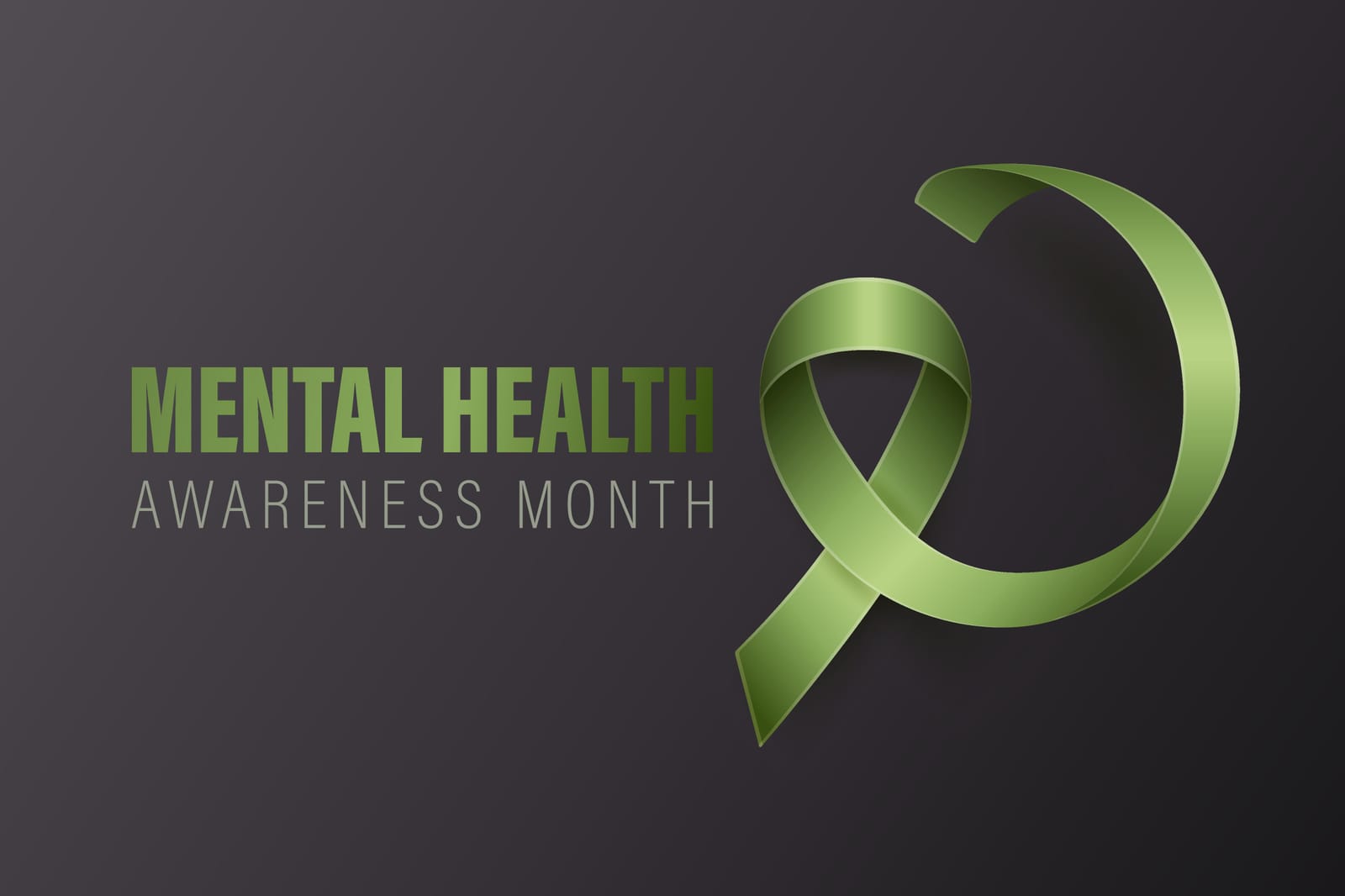Why We Must Prioritize Black Men’s Mental Health
Why We Must Prioritize Black Men’s Mental Health
In today’s fast-paced world, the importance of mental health cannot be stressed enough. It affects individuals from all walks of life, regardless of their age, gender, or ethnicity. However, when it comes to addressing mental health issues, particularly in the context of Black men, there is a need for increased awareness and support. This article delves into the crucial topic of Black men’s mental health, emphasizing why it should be a priority for everyone.
Understanding the Stigma
One significant barrier to addressing mental health concerns, particularly among Black men, is the pervasive stigma associated with seeking help. Many individuals within this demographic feel pressured to conform to traditional expectations of masculinity, which can discourage them from opening up about their mental struggles. The fear of being perceived as vulnerable or weak often leads to unspoken suffering.
The Impact of Systemic Inequities
It’s essential to acknowledge the systemic inequities that Black men face, which can contribute to their mental health challenges. Discrimination, racial profiling, and disparities in access to quality healthcare and education all play a role in exacerbating stress and anxiety. Understanding the intersections of race, gender, and mental health is crucial in addressing the unique challenges that Black men encounter.
Breaking Down Barriers
To combat the stigma and provide effective support for Black men’s mental health, we must take a proactive approach. Here are some strategies and initiatives that can make a significant difference:
1. Promoting Open Dialogue
Encouraging open conversations about mental health is a crucial first step. It helps normalize the idea that seeking help is a sign of strength, not weakness. By creating safe spaces for Black men to express their feelings and experiences, we can gradually break down the stigma.
2. Providing Culturally Competent Care
Healthcare professionals should receive training in cultural competence to better understand and address the unique challenges faced by Black men. This includes recognizing the impact of systemic racism on mental health and tailoring treatment accordingly.
3. Supporting Community-Based Programs
Community-based initiatives that focus on mental health awareness and support can be highly effective. These programs can provide a sense of belonging and a network of individuals who understand the challenges Black men face.
4. Engaging in Policy Advocacy
Advocacy at the policy level is essential to address systemic inequities. It’s crucial to work towards policies that promote equal access to quality healthcare, education, and employment opportunities for Black men.
The Broader Impact
Prioritizing Black men’s mental health doesn’t benefit just one group; it benefits society as a whole. When we support the well-being of Black men, we create a more inclusive, empathetic, and healthier society. Mental health knows no boundaries, and it’s a universal concern that affects us all.
Conclusion
In conclusion, the importance of prioritizing Black men’s mental health cannot be overstated. By understanding the unique challenges they face, breaking down stigma, and implementing proactive measures, we can make a difference. It’s not just a matter of supporting one group; it’s about creating a more compassionate and equitable society for everyone.
So, let’s champion this cause and work together to ensure that Black men’s mental health receives the attention and support it deserves.

